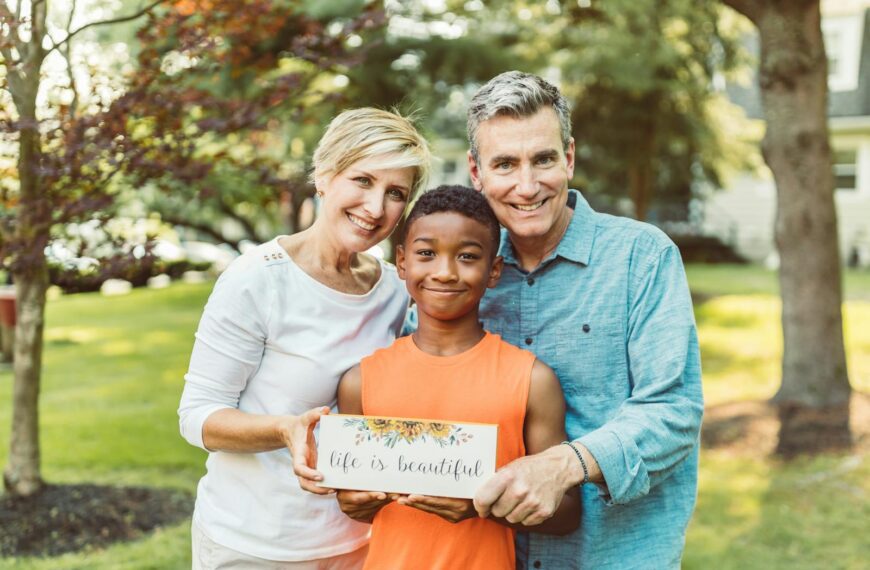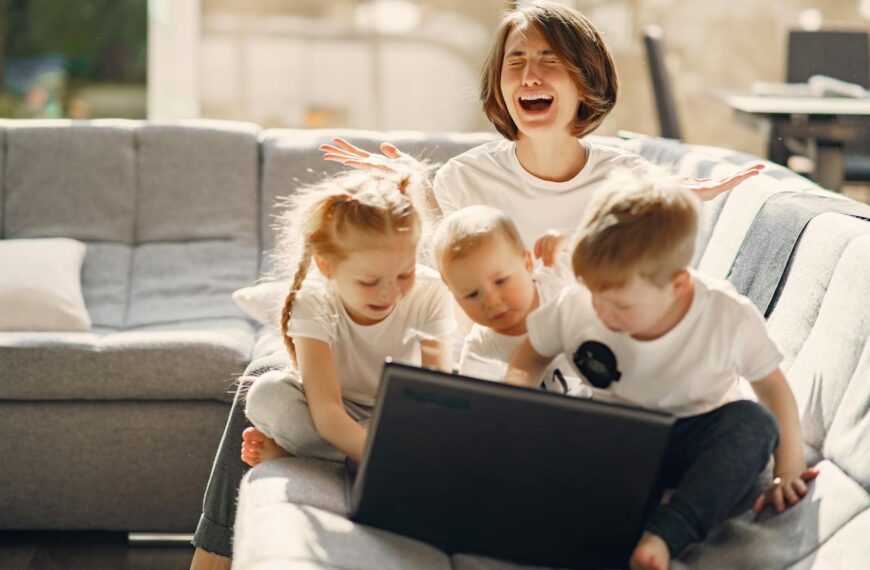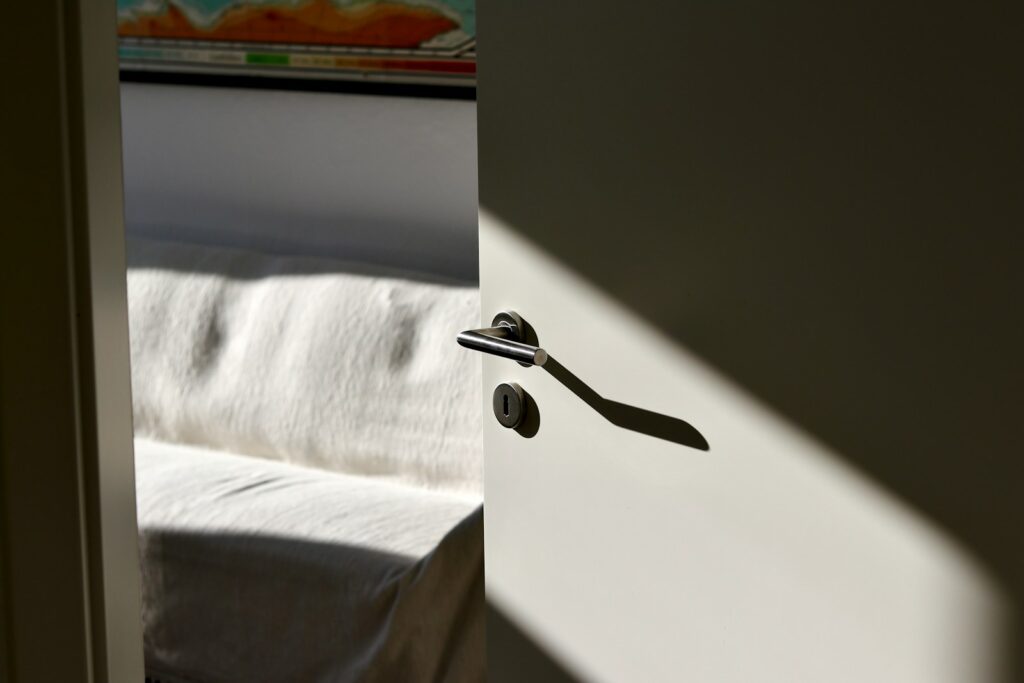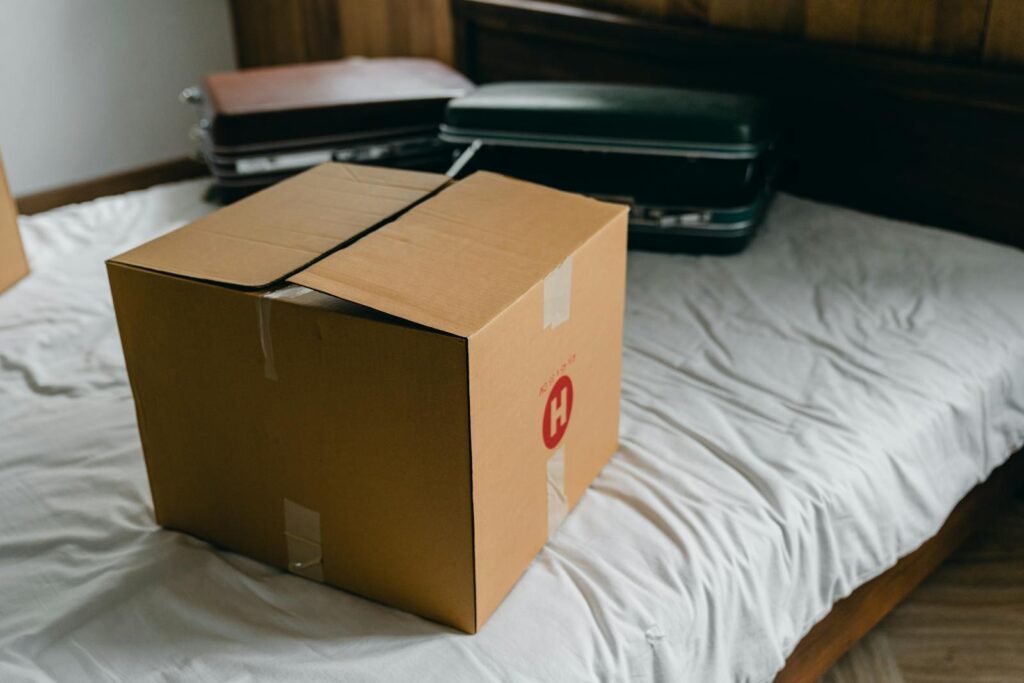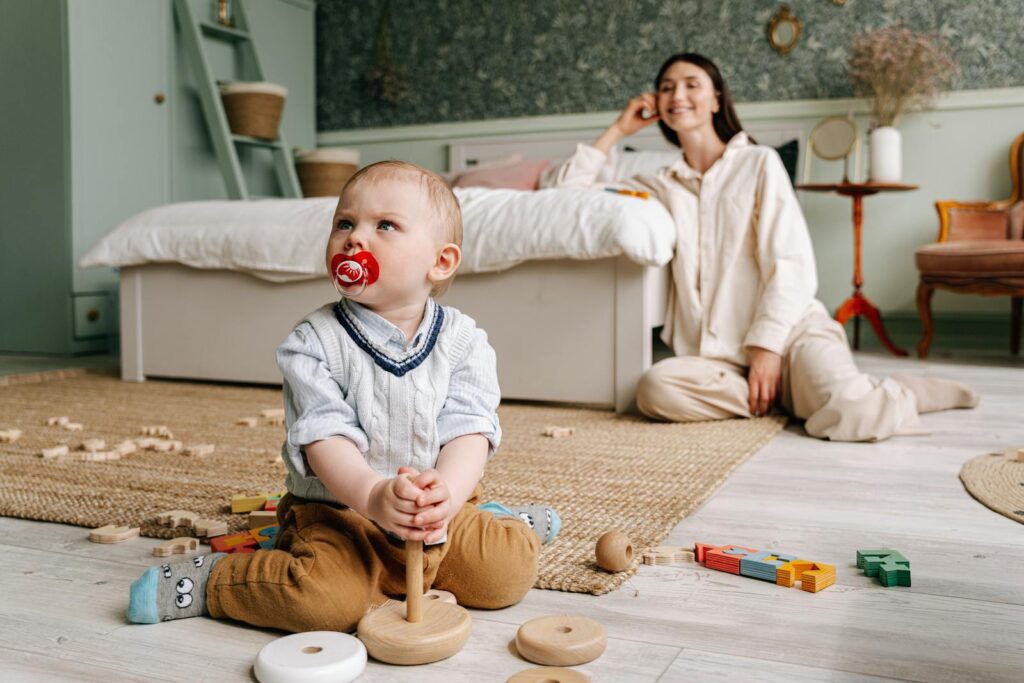Clutter can feel overwhelming and never-ending, but changing how you think about it can make a real difference. When you approach clutter with the right mindset, it becomes easier to let go of what no longer serves you and create a space that feels balanced and calm.
The key to ending clutter for good lies in shifting your perspective and building new habits that support a clutter-free lifestyle. This article will guide you through practical mindset changes that help you maintain a tidy environment without feeling stressed or stuck.
Think abundance: letting go invites new opportunities

When you shift to an abundance mindset, you start to see space as a positive thing, not a loss. Letting go of stuff becomes easier because you trust that what you release makes room for better things.
You’ll notice that freeing your space often clears your mind too. This openness encourages new ideas and chances to come your way.
Remember, abundance means believing there’s enough for everyone, including you and your future.
Clutter is a choice, not a fate

You decide what stays in your space and what goes. Clutter isn’t something that just happens to you—it’s the result of choices you make every day.
When you see clutter as a choice, you gain control. You can change your habits and create a home that feels calm and clear.
Recognizing this helps you stop feeling overwhelmed. Instead, you feel empowered to keep your space clutter-free for good.
Letting go of stuff doesn’t erase memories

You can release items without losing the memories attached to them. The objects are just reminders, not the memories themselves.
Letting go means freeing up space while keeping your experiences alive in your mind. Your memories stay with you even if the physical items don’t.
This shift helps you feel lighter without feeling like you’re giving up something important. It’s about valuing memories, not holding on to things.
Focus on how clutter-free feels, not just looks

When you shift your attention to how a clutter-free space makes you feel, it changes your whole approach. It’s not just about neatness; it’s about creating calm and reducing mental noise.
You’ll notice less stress and more focus when your environment feels peaceful. Let the feeling of ease guide your decisions, rather than just the appearance of order.
This mindset helps you keep clutter away for good because you’re valuing the emotional benefits, not just how things look on the surface.
Create a daily simple cleaning habit

You can keep clutter from building up by doing small cleaning tasks every day. These habits make your home easier to maintain and stop messes from piling up.
Try to spend just a few minutes tidying each day. It could be wiping surfaces, putting things away, or clearing clutter. Starting small helps you stick with it without feeling overwhelmed.
See possessions as tools, not treasures

When you shift your view of possessions from treasures to tools, it becomes easier to let go. You start to see items for their practical use, not their emotional weight.
This mindset helps reduce the fear of losing something valuable. Instead, you focus on what truly supports your daily life.
By treating belongings as tools, you invite clarity and purpose into your space. You keep what serves you and release what doesn’t.
Prioritize keeping spaces easy to clean

You’ll find it much simpler to maintain a clutter-free home when your spaces are easy to clean. Choose furniture and storage that don’t trap dust or create hidden messes.
Keep surfaces clear and accessible. This way, you won’t avoid cleaning because it feels overwhelming.
When cleaning feels quick and straightforward, you’re more likely to do it regularly. This habit helps prevent clutter from building up again.
Define your personal reasons to stay clutter-free

You need a clear reason why staying clutter-free matters to you. It could be reducing stress, saving time, or creating a peaceful space.
Knowing your why helps you stay motivated when it feels hard to let go. Your reasons make the process personal and meaningful.
Focus on what benefits clutter-free living brings to your daily life. This mindset shift keeps your efforts focused and consistent.
Organize to manage, not to hide clutter

When you organize, focus on making your space functional, not just neat. The goal is to manage your belongings so you can find and use them easily.
If you organize just to cover up clutter, it will keep coming back. Instead, sort items by importance and purpose to avoid feeling overwhelmed.
Remember, organization is about control. When you manage your stuff thoughtfully, your space feels calmer and more inviting.
Shift from storing to living with less

You don’t need to keep everything “just in case.” Storing excess items often creates more stress than comfort.
Instead, focus on what truly adds value to your daily life. When you choose to live with less, you create space for what matters most.
This mindset helps you stop holding onto things out of obligation. It encourages you to enjoy your home, not fill it with stuff.
Adopt a problem-solving mindset for clutter

When you see clutter as a problem to solve, it becomes easier to take action. Instead of feeling stuck, focus on finding practical solutions for your space.
Break down clutter into smaller challenges. Ask yourself what caused it and what you can do to prevent it.
This mindset shifts your energy from frustration to control. You start making intentional decisions about what to keep, donate, or discard.
Visualize the end goal clearly and often

Picture your ideal clutter-free space in detail. Imagine how it feels to walk into a tidy, organized room every day.
Seeing this outcome in your mind helps you stay motivated and focused on the steps you need to take.
Try creating a vision board or keeping a photo of your goal area where you’ll see it regularly. This keeps your intention fresh and directs your energy toward lasting change.
Realize decluttering is an ongoing journey

You won’t finish decluttering in just one day. It’s a continuous process that requires regular attention and small habits.
By practicing mindfulness, you stay aware of what you bring into your space and how you use it. This helps prevent clutter from building up again.
Remember, it’s about progress, not perfection. Keep at it little by little, and your space will stay clearer over time.
Give unwanted items a meaningful new home

When you part with items, think about where they can truly be useful. Donating to charities or local organizations gives your belongings a second life and helps others.
You can also gift items to friends or family who might appreciate them. This makes letting go feel more personal and rewarding.
By focusing on the positive impact of your items, you shift your mindset from loss to generosity, making decluttering easier and more satisfying.




